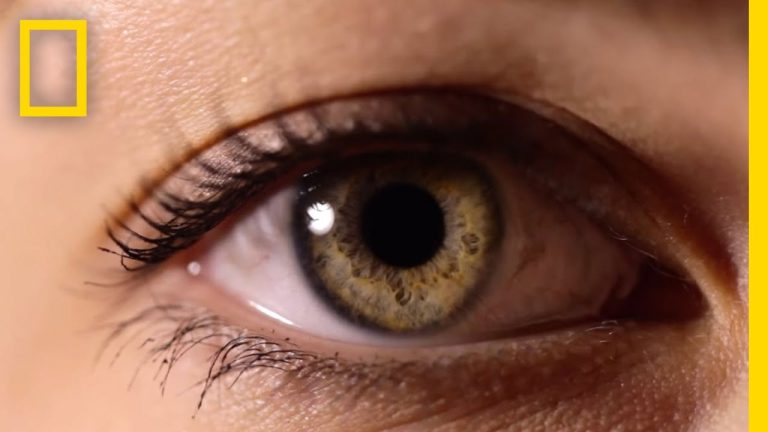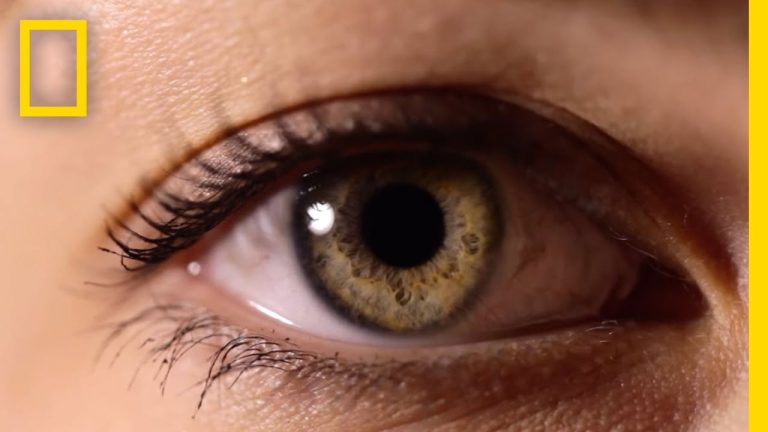Protect Your Vision: Essential Eye Health Tips for Diabetics
Diabetes is a disease that affects the body’s ability to produce or use insulin. It can lead to a variety of medical complications, including problems with eyesight. In fact, diabetic retinopathy is the leading cause of blindness among working-aged adults in the United States.
If you have diabetes, it’s crucial to take steps to protect your eyesight. There are several things you can do to maintain healthy eyes, including working closely with your healthcare team, managing your blood sugar and blood pressure levels, and getting regular eye exams. Here are some tips to help you maintain good eye health:
Monitor Your Blood Sugar Levels
Consistently high blood sugar levels can damage the blood vessels in your eyes, which can lead to vision loss. That’s why it’s critical to work with your healthcare team to keep your blood sugar levels within a healthy range. Keeping your blood sugar levels under control can help prevent vision problems and other complications associated with diabetes.
Control Your Blood Pressure
If you have diabetes, you’re at an increased risk of developing high blood pressure. High blood pressure can damage the blood vessels in your eyes and increase your risk of developing diabetic retinopathy. It’s essential to work with your healthcare team to keep your blood pressure levels within a healthy range, whether that means making lifestyle changes or taking medication.
Quit Smoking
Smoking can increase your risk of developing several health problems, including vision loss. Research has shown that people with diabetes who smoke are at a higher risk of developing diabetic retinopathy. Quitting smoking can help protect your eyesight and reduce your risk of developing vision problems related to diabetes.
Eat a Healthy Diet
Eating a balanced, healthy diet is essential for everyone, but it’s especially important for people with diabetes. A healthy diet can help control your blood sugar levels, which can reduce your risk of developing vision problems. Aim to eat a variety of fruits, vegetables, whole grains, lean proteins, and healthy fats. Avoid processed foods, sugary drinks, and foods high in saturated and trans fats.
Exercise Regularly
Regular exercise can help you maintain a healthy weight, manage your blood sugar levels, and control your blood pressure. It can also reduce your risk of developing diabetic retinopathy. Aim to get at least 150 minutes of moderate-intensity aerobic exercise, such as brisk walking, each week. Additionally, strength and resistance training can help improve your overall health and reduce your risk of developing health problems related to diabetes.
Conclusion
Diabetes can lead to several vision problems, including diabetic retinopathy, which can lead to vision loss. However, by working closely with your healthcare team, managing your blood sugar and blood pressure levels, and making healthy lifestyle choices, you can reduce your risk of developing vision problems associated with diabetes. If you have diabetes, make an appointment with your eye doctor and get regular eye exams to ensure your eyes remain healthy.
Contents
Most wanted in Hoya Vision:
What brand lenses does Costco use?
What does +0.25 mean on an eye test?
Do tinted glasses help with migraines?
Hoya Lens Engravings
Should eyeglasses cover eyebrows?
Hoya Identification Chart
What are prism eyeglass lenses?
Does hyperopia worsen with age?
Is gray or brown better for transition lenses?
What LED light is best for broken capillaries?
















